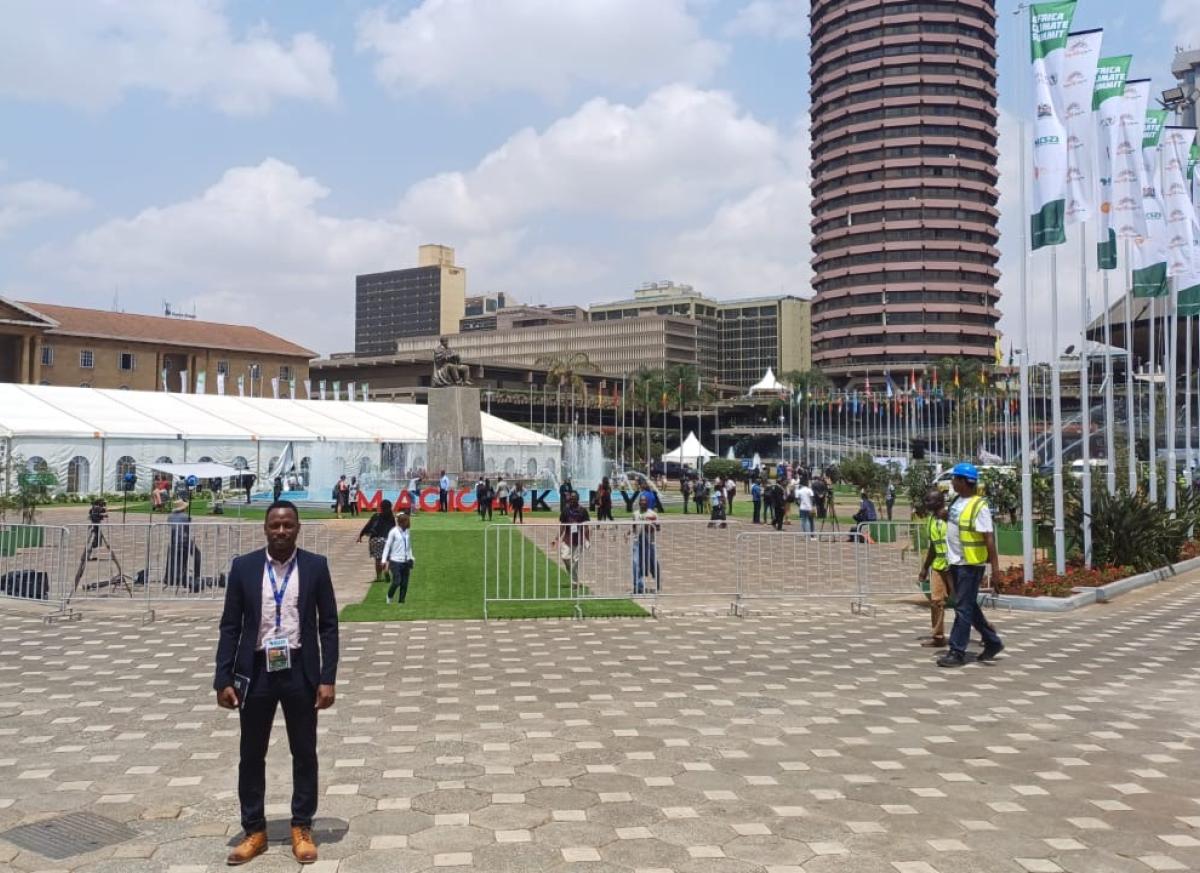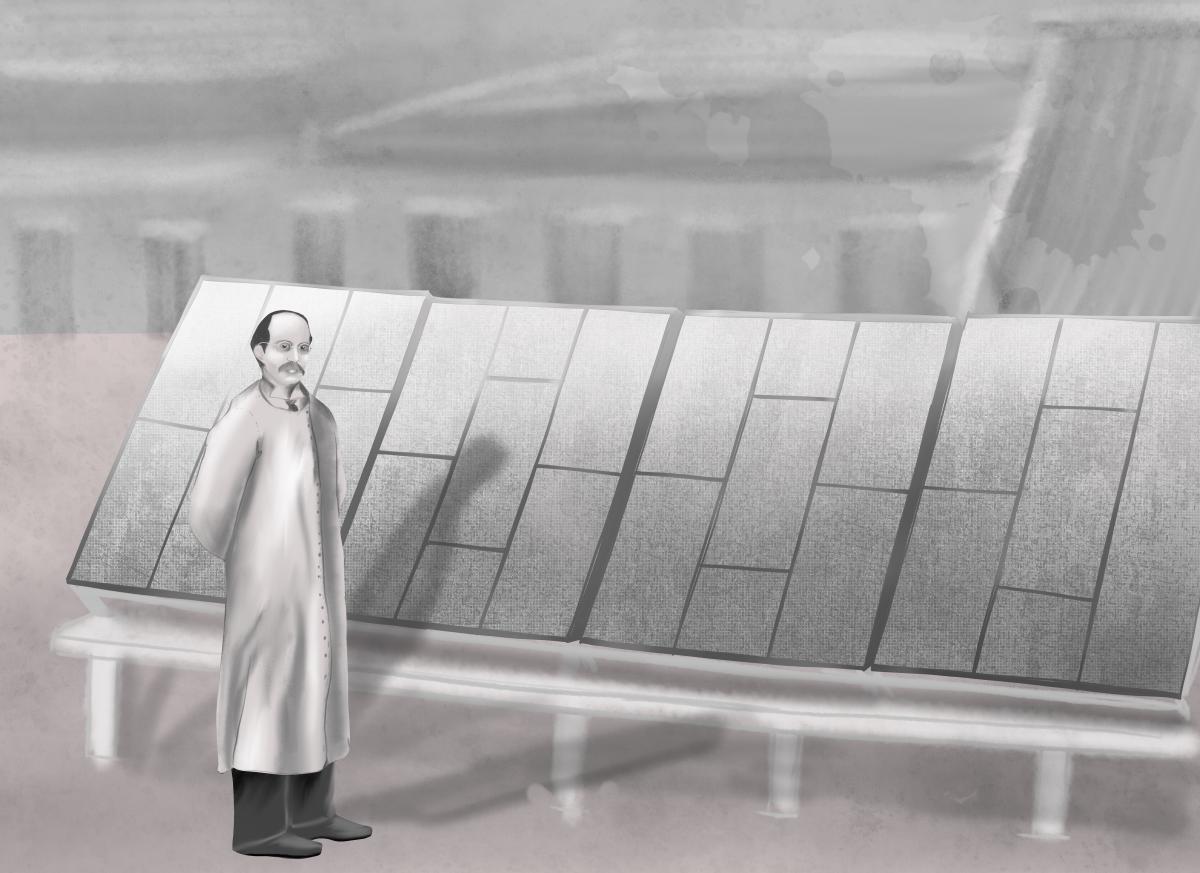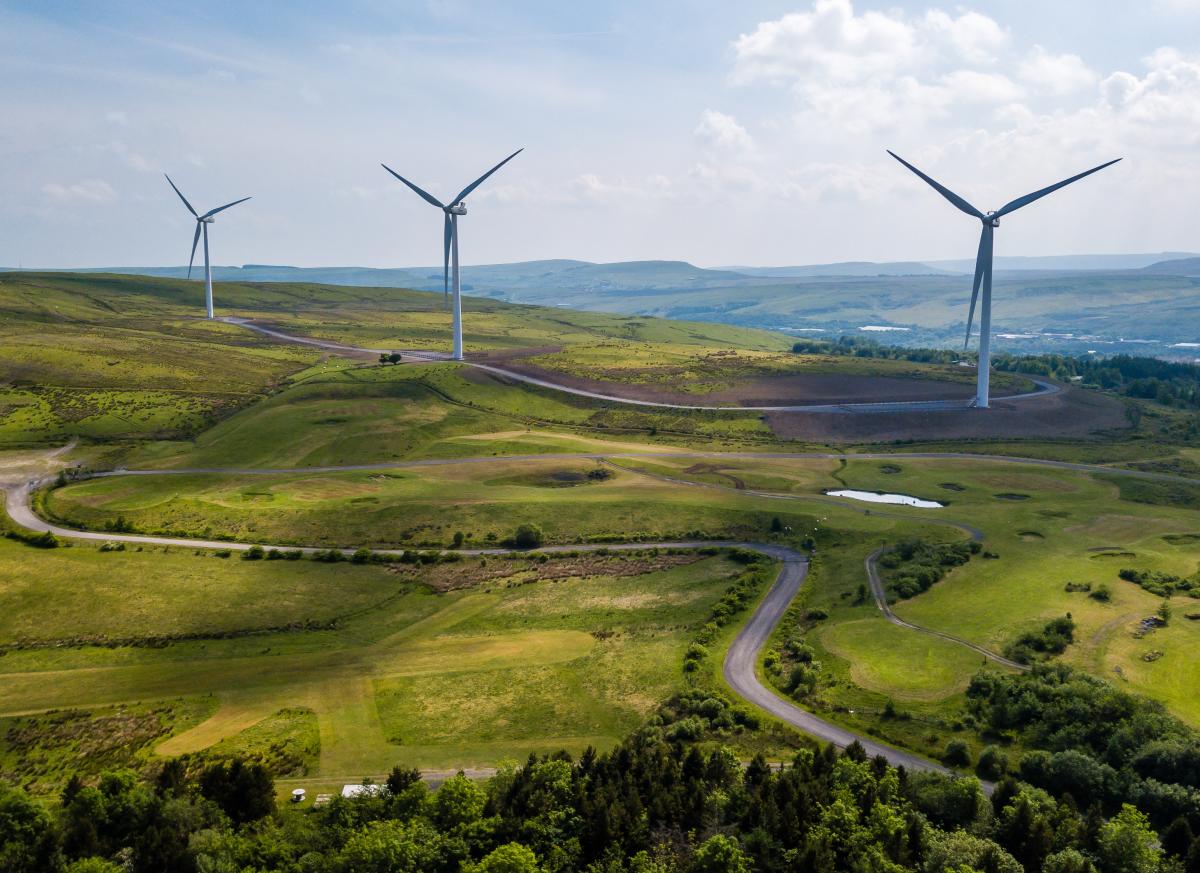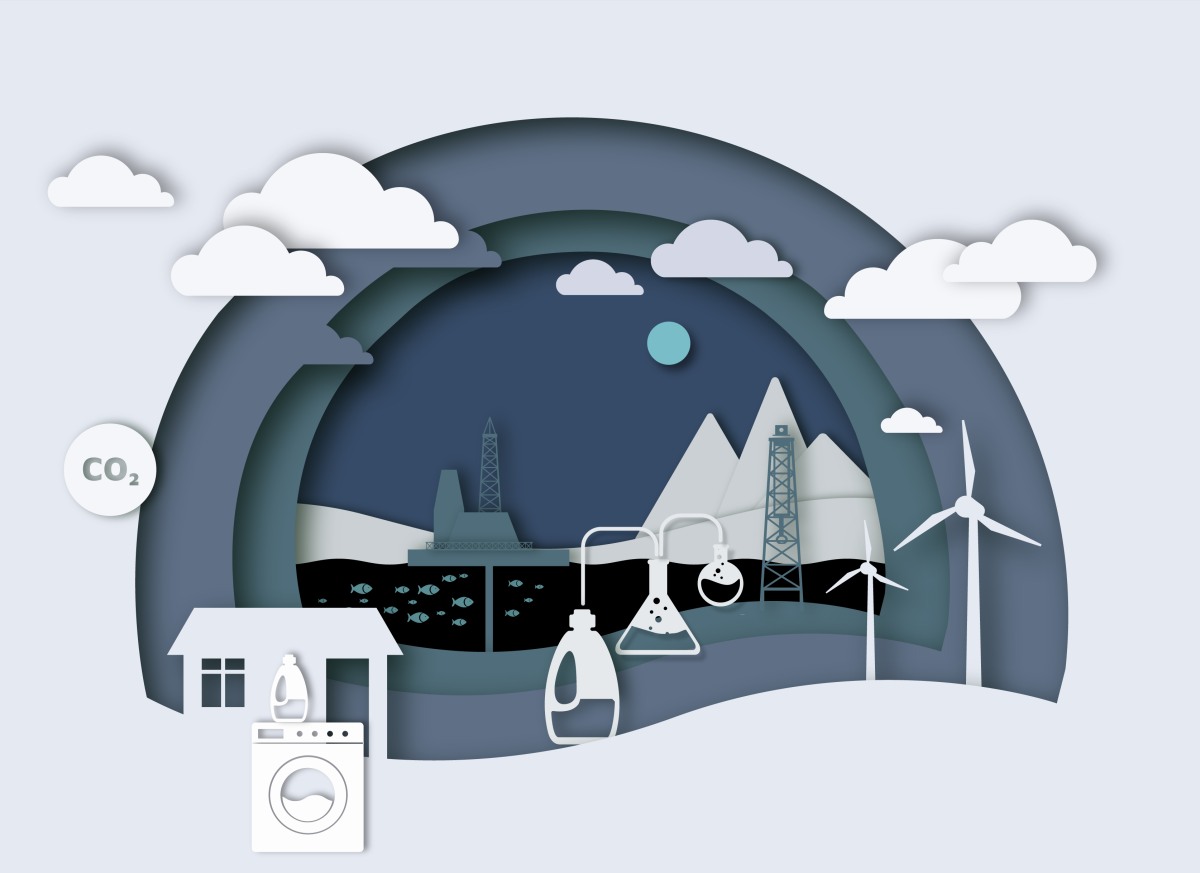News
Food ecolabels: trusting what you put on your plate
Food labels have evolved to include all sorts of information such as allergens and sustainability. And we trust these labels when we make choices to reduce our environmental impact when we buy food at the supermarket.
If the first solar entrepreneur hadn’t been kidnapped, would fossil fuels have dominated the 20th century the way they did?
Dr Sugandha Srivastav tells the story of George Cove, a little known inventor who's solar business came to an abrupt end in the early 20th century when he was kidnapped, and calculates what the world may have lost. "If we embrace the spirit of optimism seen during Cove’s time and make the right technology choices, we can still reach the sun-powered world he envisioned all those years ago."
The Road to COP28 Runs Through Africa
Smith School researcher Tonny Kukeera explores how the Africa Climate Summit is creating a new path to sustainable development.
Smith School researcher calculates impact of historical climate crime
Dr Sugandha Srivastav, British Academy Postdoctoral Fellow at the Smith School of Enterprise and the Environment, University of Oxford, has calculated the potential impact of an early 20th century crime on the cost of solar energy today.
Oxford Smith School welcomes youngest MSc candidate this century
Charlotte Wargniez has always worked fast. A downhill skier from the age of 10, she finished her Baccalauréat général Scientifique (the equivalent of A-levels in the UK) at the age of 13 and enrolled at the University of Toronto the same year. In September, she embarks on the Smith School of Enterprise and the Environment’s MSc in Sustainability, Enterprise and the Environment, one of the university’s most applied to graduate programs. At just 17 years old, she is the youngest MSc candidate at the University of Oxford since the 1990s.
Solar and wind farms can easily power the UK by 2050, scientists say
Wind and solar power could comfortably supply all the UK’s energy needs by the middle of the century, according to an Oxford Smith School team. “I think the public would be stunned that we could power not just the entire electricity system but the whole energy system of this country with wind and solar,” said Professor Hepburn.
Britain’s energy demand could be met entirely by wind and solar, shows Smith School analysis
A policy brief published by the Smith School of Enterprise and the Environment demonstrates how Britain’
Italian Oil Giant Eni Knew About Climate Change More Than 50 Years Ago, Report Reveals
Dr Ben Franta writes on how, according to a report by Greenpeace Italy and advocacy group ReCommon, Italian oil major Eni knew of the climate impacts of fossil fuel extraction since 1970.
UK heat resilience inquiry warns of environmental ‘trade-offs’ from AC growth
Refrigeration & Air Conditioning magazine features commentary from Dr Laurence Wainwright during the House of Commons Environmental Audit Committee inquiry into sustainable cooling, where he highlighted the mental health impacts of extreme heat.
Oxford University and Unilever report identifies actions needed to put cleaning and laundry products on net zero pathway
New report identifying the policy interventions needed to address the carbon emissions of everyday cleaning, laundry and home care products.
‘Not a given’ that private sector will drive Africa’s green growth
How can Africa build a sustainable energy future? Research from Aoife Brophy and Philipp Trotter highlights three lessons from innovative firms in a number of different countries across the continent.
Farming Can Work So Much Better for the Planet
Bloomberg highlights new research from Dr Michael Clark, director of the Smith School’s sustainable food solutions programme, exploring how novel technologies could help the global food system become a carbon sink.












